Can the government deliver on radical care reform?
- Published
- comments
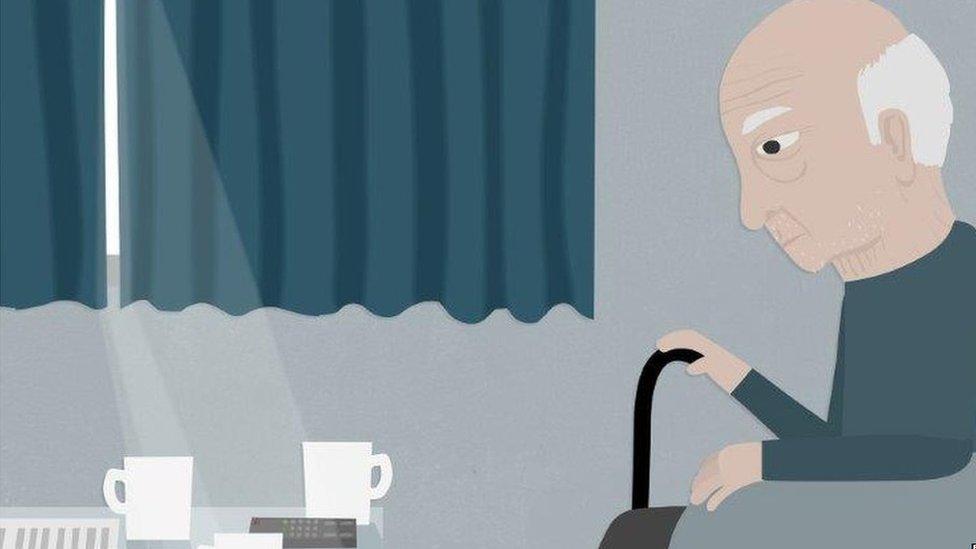
Another week, another sign that the care system in England is in dire trouble.
News that Allied Healthcare - one of the biggest providers of home care in the country - is at risk of going under, sent shockwaves around the sector.
The 13,000 vulnerable people who rely on its staff for washing, dressing and help with eating now face an anxious wait to see if bosses can get the finances together to keep services going.
But Allied is not alone. The UK Homecare Association, the body which represents the firms providing care, warned only last month that providers were refusing to sign up to council contracts because of the low fees being offered.
Its research shows only one in seven councils across the UK is paying a fair price for care.
Care homes report a similar story. It is creating a situation whereby self-funders - those who pay for themselves because they are not entitled to council-funded care - are having to subsidise the state.
The fees they pay are on average £130 per week more than what councils pay.
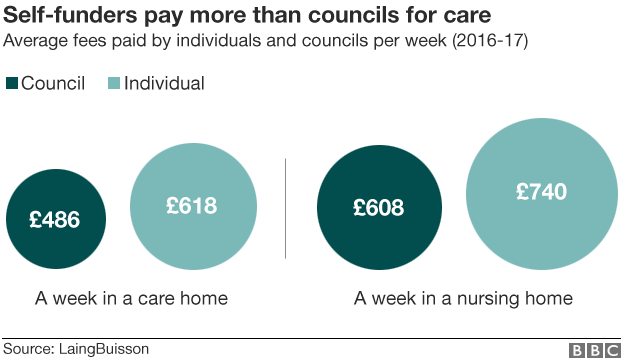
The result is growing numbers of people going without the help they need.
Among the elderly it is estimated that there are 1.4 million people - nearly one in seven older people - who fall into this group.
Public 'willing to pay more tax'
It is figures like this that appear to have convinced many of the need for change.
Simon Bottery, from the King's Fund health think tank, believes there is a real appetite for something radical. Focus group work he has been involved with suggests there is even a willingness to pay more tax.
But he says in return they would expect "some movement" towards free care for all - currently only those with assets of less than £23,250 in England receive any help from their local council.
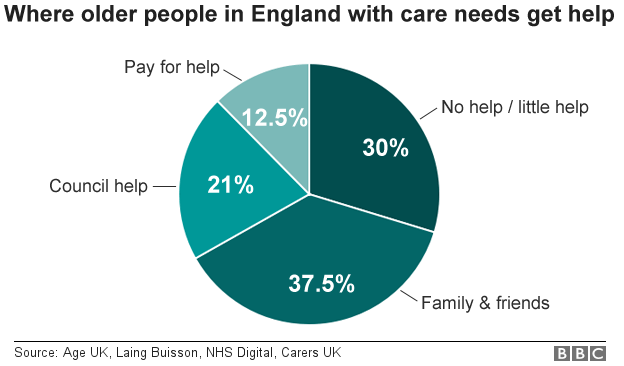
Into this space was meant to step the social care Green Paper. Ministers had promised reform would be published by the summer after the bungling attempts to draw up plans during last year's election campaign.
The Green Paper is close to being finalised, but the mood music coming out from the government is not encouraging for those who want change.
Briefings to the media in recent weeks have been aimed at managing expectations.
And now even those involved directly in the process are publicly talking it down.
Reform 'will not be cheap'
Former Bank of England monetary policy committee member Kate Barber, who is part of the independent panel advising the government on the Green Paper, says it is likely to "disappoint" those who want more.
In front of an audience of health and care professionals in London on Wednesday, she said it was unlikely there would be any move towards free personal care as ministers feared how the implications of that would play politically.
The problem? "It would not come cheap," she said.
But she believes there is no need to be timid, even if that meant taking some of the equity people have tied up in housing, particularly in the south-east, or charging for some NHS services, pointing out that we already do that for eyes and teeth.
Indeed, there are plenty who reckon the NHS has had it too easy.
Over the next five years, the government has promised funding will rise by more than £20bn.
If a similar cash injection was made into social care, the budget would be doubled - more than enough to improve the quality of services and provide some form of universal offer to all.
- Published8 February 2017

- Published8 February 2017

- Published6 January 2017
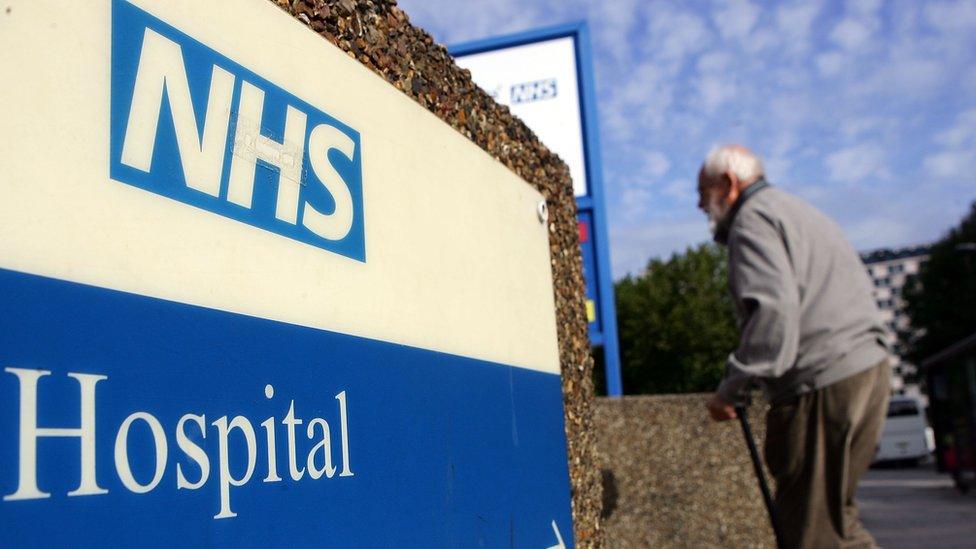
- Published12 December 2016
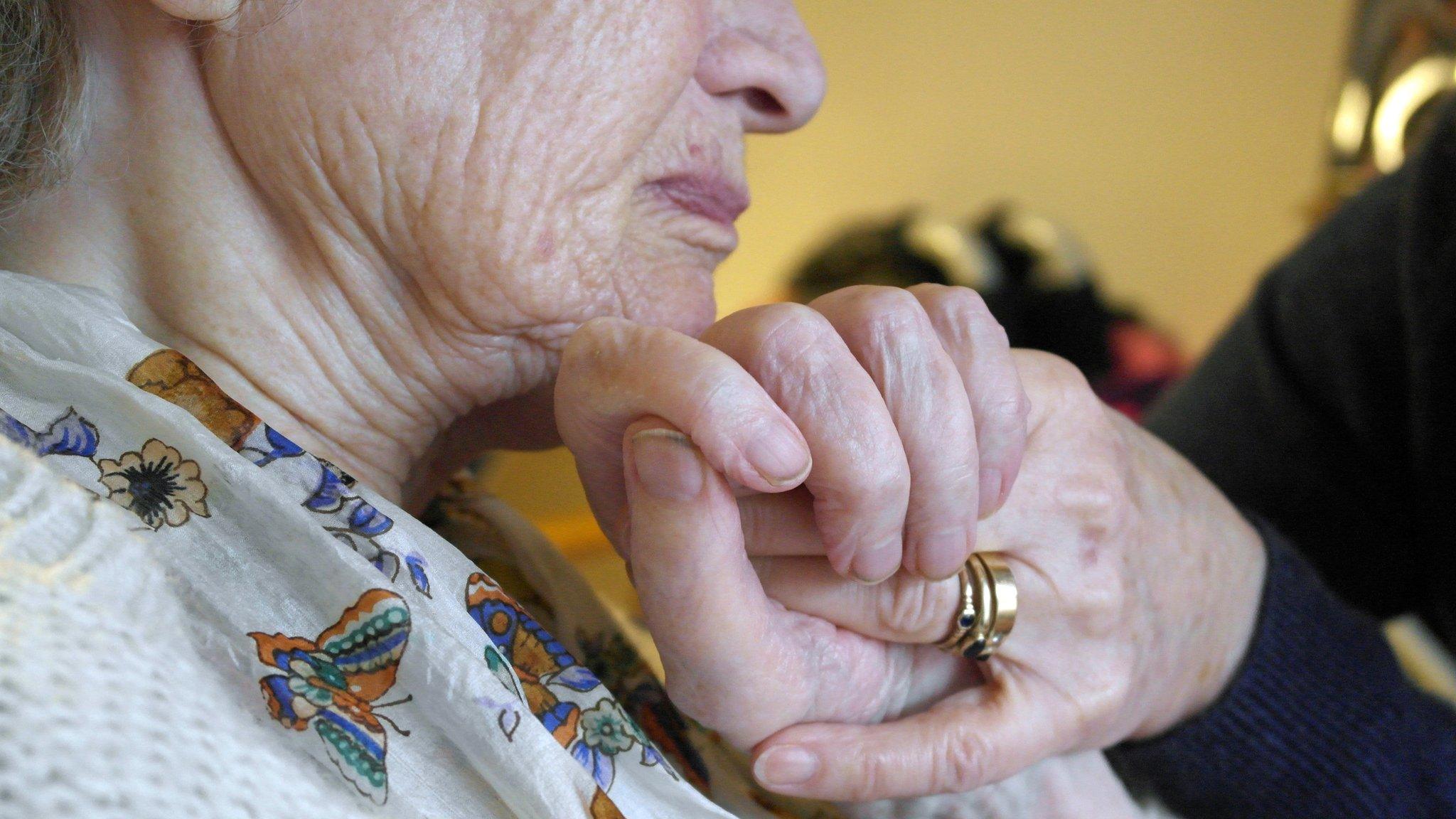
- Published13 September 2016
